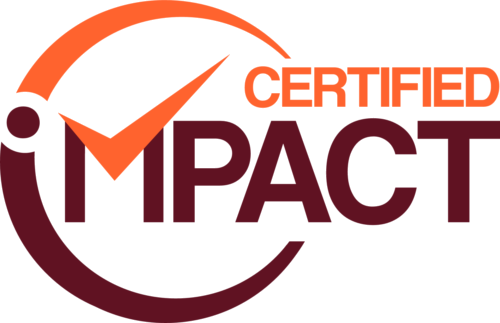Capacity building is a critical process for service businesses looking to grow and improve their operations. As opposed to product-based businesses, service-based businesses are those that sell intangible services to customers, such as consulting, legal, or accounting services.
Capacity building for service businesses involves creating systems and processes that allow them to improve the quality and quantity of their services, while also improving their efficiency and profitability. In this post, we'll explore the differences between product-based and service-based businesses, and then discuss the resources that service businesses need to build their capacity.
Capacity building for service businesses involves creating systems and processes that allow them to improve the quality and quantity of their services, while also improving their efficiency and profitability. In this post, we'll explore the differences between product-based and service-based businesses, and then discuss the resources that service businesses need to build their capacity.
Product-based businesses are those that manufacture or sell physical products, such as clothing, furniture, or electronics. These businesses typically have a more straightforward production process, with set inputs and outputs. For example, a clothing manufacturer might use specific materials and labor to create a finished product, which is then sold to retailers or directly to consumers. Product-based businesses have a more tangible product that customers can see, touch, and experience, which often makes marketing and sales easier.
Service-based businesses, on the other hand, sell intangible services, such as consulting, legal, or accounting services. These businesses often rely heavily on the skills and expertise of their employees, rather than on physical inputs. Service-based businesses have a more complex production process, as their output is often highly customized and tailored to the specific needs of each customer. This can make it more difficult to market and sell services, as customers may not know exactly what they need or what they will receive.
The key to capacity building for service businesses is to create systems and processes that allow them to scale and improve the quality of their services. This can involve a variety of resources, including people, technology, and training.
First and foremost, service businesses need skilled employees who can deliver high-quality services to customers. This may involve hiring new employees with specific skills or expertise, or investing in training and development programs to help current employees improve their skills. Many service businesses also use contractors or freelancers to supplement their in-house team, allowing them to quickly scale up or down as needed.
Another key resource for capacity building in service businesses is technology. Technology can help service businesses automate many of their processes, improving efficiency and reducing the risk of errors. For example, a legal services firm might use software to manage client data and automate certain parts of the legal process. A consulting firm might use project management software to track progress on client projects and ensure that deadlines are met.
Technology can also be used to improve communication and collaboration within the business. For example, a video conferencing system might allow employees to collaborate more effectively, even if they are located in different parts of the world. Customer relationship management software can help service businesses manage their customer interactions more efficiently, ensuring that customers are satisfied with the services they receive.
In addition to people and technology, service businesses also need to invest in training and development programs for their employees. This can help to improve the quality of their services and ensure that employees are equipped with the skills and knowledge they need to perform their jobs effectively. Training and development programs can be customized to the specific needs of each employee, helping to ensure that they are able to provide the best possible service to customers.
Capacity building for service businesses is not a one-time process, but an ongoing effort to continually improve operations and services. By investing in people, technology, and training, service businesses can create systems and processes that allow them to deliver high-quality services to customers, while also improving efficiency and profitability. As service businesses grow and evolve, they will need to continue to invest in capacity building to stay ahead of the competition and meet the evolving needs of their customers.

